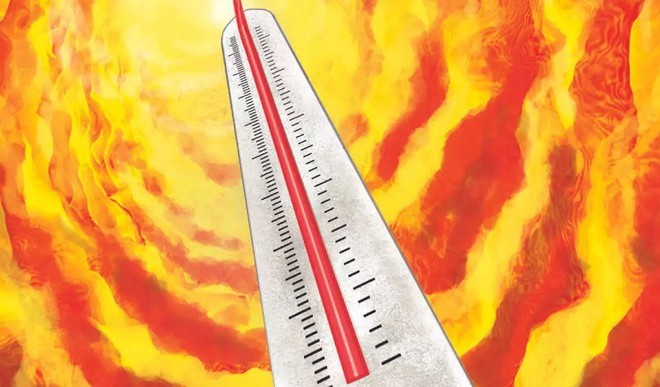Free Courses Sale ends Soon, Get It Now


Free Courses Sale ends Soon, Get It Now



Disclaimer: Copyright infringement not intended.
Context
Details
What is the cause of 2023's hot weather?
Role of water vapor in global warming
Volcanoes' Contribution to Global Warming
Cooling effect
Impact
Volcano-based climate change mitigation activities
Volcano-inspired geoengineering
About Tonga

|
PRACTICE QUESTION Examine the role of volcano activities in cooling effect and global warming. |
© 2024 iasgyan. All right reserved